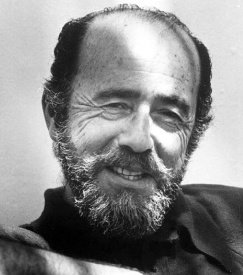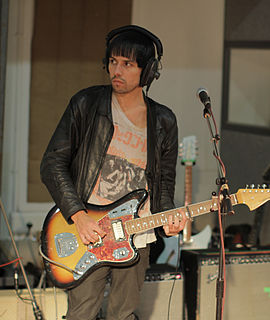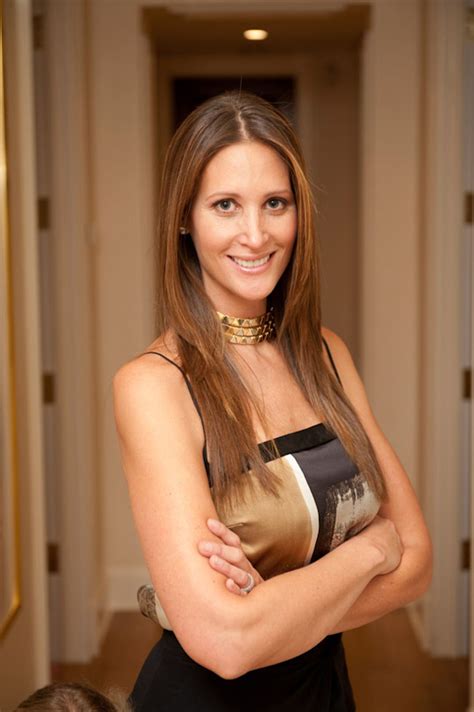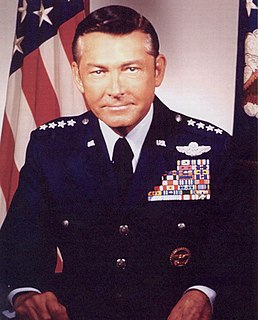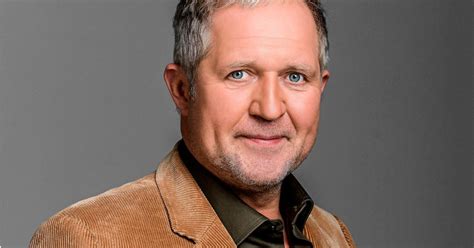A Quote by Anne Tyler
I'll write maybe one long paragraph describing the events, then a page or two breaking the events into chapters, and then reams of pages delving into my characters. After that, I'm ready to begin.
Related Quotes
There is, for instance, only one page at the beginning of Runciman's three-volume History of the Crusades describing how the participants decided to begin four hundred years of wars, and then several thousand pages devoted to the routes, battles and other events which make up the "history" of the Crusades.
It would just be a pamphlet. Three pages. The first page would be Drugs I Have Taken and then a list. The next page would be People I Have Slept With and then another list. Then the last page would be Famous People I Have Partied With and then another list. Because that's all people write in their autobiographies. Cut out all the bullshit and it's just a three-page pamphlet.
How this feels is I'm just another task in God's daily planner: The Renaissance pencilled in for right after the Dark Ages. The Information Age is scheduled immediately after the Industrial Revolution. Then the Post-Modern Era, then The Four Horsemen of the Apocalypse. Famine. Check. Pestilence. Check. War. Check. Death. Check. And between the big events, the earthquakes and tidal waves, God's got me squeezed in for a cameo appearance. Then maybe in thirty years, or maybe next year, God's daily planner has me finished.
You write down a paragraph or two describing several different subjects creating a kind of story ingredients-list, I suppose, and then cut the sentences into four or five-word sections; mix em up and reconnect them. You can get some pretty interesting idea combinations like this. You can use them as is or, if you have a craven need to not lose control, bounce off these ideas and write whole new sections.
Lots of kids, including my son, have trouble making the leap from reading words or a few sentences in picture books to chapter books. Chapters are often long... 10 pages can seem like a lifetime to a young reader. Then reading becomes laborious and serious. That's why some of the chapters in my books are very short.
Many people believe that decentralization means loss of control. That's simply not true. You can improve control if you look at control as the control of events and not people. Then, the more people you have controlling events - the more people you have that care about controlling the events, the more people you have proactively working to create favorable events - the more control you have within the organization, by definition.






